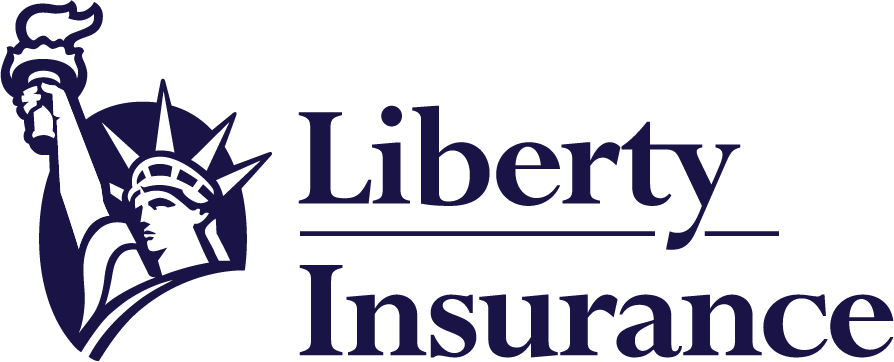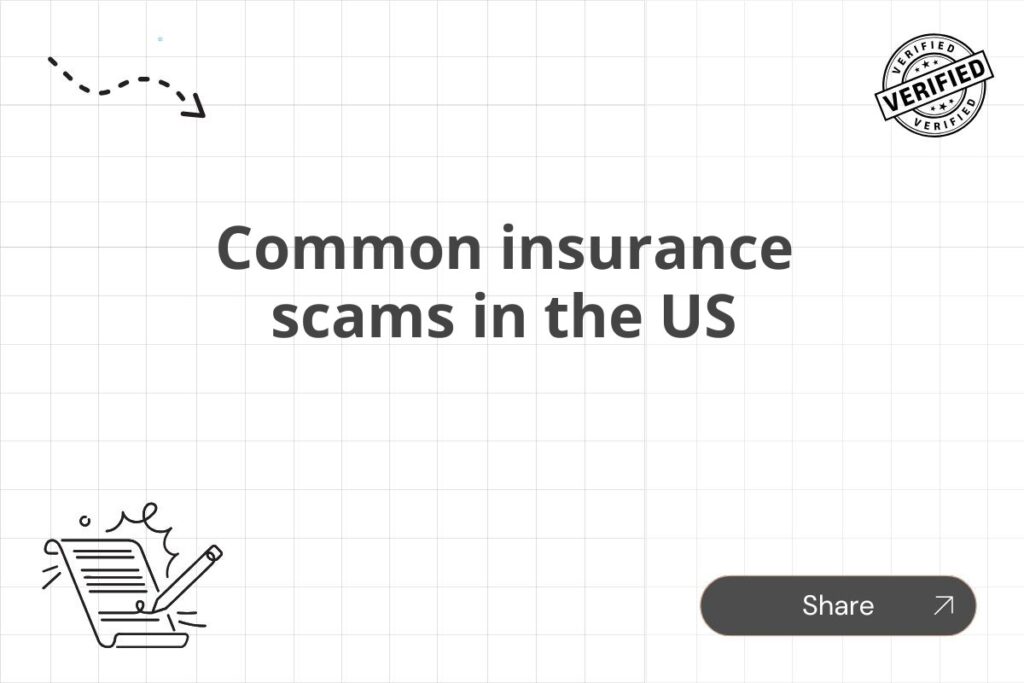Meta Description: Protect yourself from common US insurance scams! Learn about staged accidents, phantom claims, and more. This guide exposes fraudulent schemes & offers tips to avoid becoming a victim. Stay informed & secure your financial future.
Insurance is meant to protect you from unforeseen circumstances, offering a financial safety net in times of need. However, the insurance industry, like any other, is susceptible to fraudulent activities. Understanding common insurance scams in the US is crucial for both policyholders and insurers alike. This comprehensive guide will illuminate prevalent fraudulent schemes, offering insights into how they operate and preventative measures you can take to protect yourself.
Common Insurance Scams in the US: A Comprehensive Overview
Insurance fraud encompasses a wide range of deceptive practices aimed at illegally obtaining insurance payouts. These scams can involve exaggerating claims, fabricating accidents, or even orchestrating entirely false events. The consequences of insurance fraud extend far beyond the individual perpetrator, impacting insurance premiums for everyone and eroding public trust in the system. The impact on the economy is significant, with billions of dollars lost annually to fraudulent claims.
Types of Insurance Scams
The variety of insurance scams is extensive, but some common types frequently target individuals and businesses in the US:
Staged Accidents
Staged accidents, often involving car collisions, are a classic example of insurance fraud. These events are meticulously planned, with participants deliberately causing accidents to file fraudulent claims for injuries and vehicle damage. Sophisticated schemes might involve multiple vehicles and actors, making it challenging for investigators to uncover the truth.
Phantom Claims
Phantom claims involve reporting a theft or damage that never actually occurred. This might include reporting a stolen vehicle that was never owned, a fire that never happened, or jewelry that was never purchased. Such claims rely on fabricated documentation and false testimonies to deceive insurers.
Inflated Claims
Inflating claims involves exaggerating the extent of damages or losses to receive a larger insurance payout. This could involve inflating the value of stolen goods, exaggerating medical expenses, or claiming injuries that are less severe than reported. The goal is to maximize the financial gain from the insurance claim.
Insurance Application Fraud
This involves providing false information on an insurance application to secure a lower premium or obtain coverage that wouldn’t otherwise be granted. Omitting relevant details about driving history, health conditions, or property risks can lead to significant penalties if discovered.
Workers’ Compensation Fraud
Workers’ compensation fraud can involve falsely claiming injuries sustained on the job to receive benefits or exaggerating the severity of injuries to extend the duration of benefits. This type of fraud can cost businesses and insurers substantial amounts of money.
Property Insurance Fraud
This encompasses a range of deceptive practices related to property insurance, such as deliberately damaging property to file a claim, filing multiple claims for the same damage, or falsely claiming a loss.
Health Insurance Fraud
Health insurance fraud can take many forms, from billing for services not rendered to upcoding (billing for a more expensive service than was provided). It’s a significant problem that increases healthcare costs for everyone.
How to Protect Yourself from Insurance Scams
Being aware of common insurance scams is the first step towards protecting yourself. Here are some key preventative measures:
The Role of Insurance Companies and Law Enforcement
Insurance companies actively combat fraud through sophisticated investigation techniques, data analysis, and collaboration with law enforcement agencies. They employ specialized units dedicated to detecting and preventing fraudulent claims. Law enforcement agencies, such as the FBI and state insurance departments, also play a crucial role in investigating and prosecuting insurance fraud cases.
Consequences of Insurance Fraud
The consequences of insurance fraud can be severe. Perpetrators face hefty fines, imprisonment, and a criminal record. Moreover, individuals convicted of insurance fraud may face difficulty obtaining insurance coverage in the future. The broader impact on society includes increased insurance premiums for everyone, as the costs of fraudulent claims are ultimately passed on to policyholders.
Conclusion
Understanding the common insurance scams in the US is essential for protecting yourself and contributing to a more honest and efficient insurance system. By remaining vigilant, documenting thoroughly, and reporting suspicious activity, you can safeguard your financial interests and help combat insurance fraud. Remember, honesty and transparency are crucial when dealing with insurance matters. This comprehensive guide serves as a valuable resource for navigating the complexities of insurance and avoiding becoming a victim of fraudulent schemes.






















